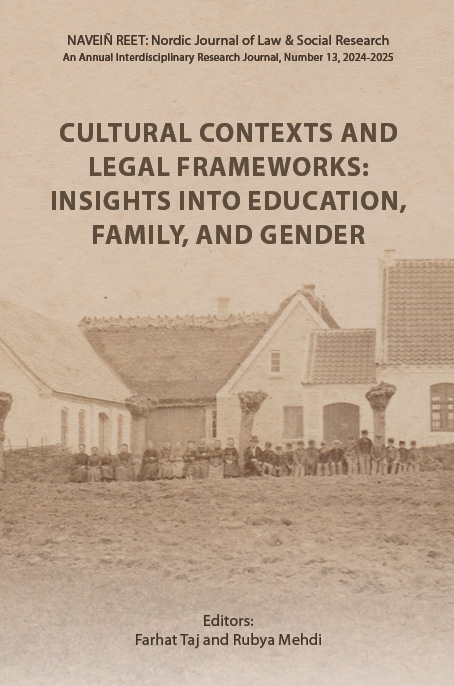Bridging the Gender Gap in Academia
Creating Women Leaders through Mentorship Programmes in Pakistan’s Higher Education Institutions
Keywords:
Women Leadership, Mentoring, Coaching, Gender Gap, PakistanAbstract
In Pakistan, gender-based gaps prevail in leadership roles including vice-chancellors, deans, head of departments - particularly within public sector universities. As a step towards bridging this gap, a one-year multi-activity pilot study was undertaken, delivering an innovative programme aimed at empowering women leaders through capacity building and mentoring. As a first step, a Training Needs Assessment (TNA) survey was conducted to ascertain the needs of mid-career women leaders from eighteen women-only universities of Pakistan. Thereafter, a capacity building and mentoring programmes were designed for a sample of women leaders from the women only universities, by utilizing the findings of the survey, taking insights from Women Leadership Programme by the National Academy of Higher Education, and consulting the existing literature. An intensive 5-day residential training programme was conducted by covering areas such as self-identification as a leader, time management, understanding laws, policies and regulations including procurement of goods and services, and the significance of mentoring. Finally, informed by the workshop evaluation and assessment and feedback from participants, a series of four small-group online mentoring sessions were organized for the participants. Moreover, a dissemination workshop was also organized with a view to share findings of the project and receive feedback from participants regarding impact of the capacity-building and mentoring activities. The present article is based upon reflections and lessons learned from this 18-month project. Synthesizing insights from the TNA, capacity building programme, and mentoring sessions, it puts forth recommendations for female leaders, higher education institutions, and policy makers. It underscores the imperative for developing professional networking by experienced and aspiring women leaders, as well as the need for developing a network of mentors at HEIs. The findings recommend that higher education policy makers require institutions to organize regular capacity building and formal mentoring programs to empower aspiring women leaders with requisite skills to navigate their roles effectively.
Downloads
Published
How to Cite
Issue
Section
License
Counting from number 12 (2022), articles published in NNJLSR are licensed under Attribution 4.0 International (CC BY 4.0). Readers are allowed to copy and redistribute the articles in any medium or format, to adapt and revise the articles, and use the articles for commercial purposes, provided that the readers give appropriate credits.
No Creative Commons licenses are applied on articles in number 1 (2009)-11 (2021). All rights reserved by the authors. Readers are allowed to download, read, and link to the articles published in volume 1 (2009)-11 (2021), but they may not republish or redistribute these articles without permission of the authors.

